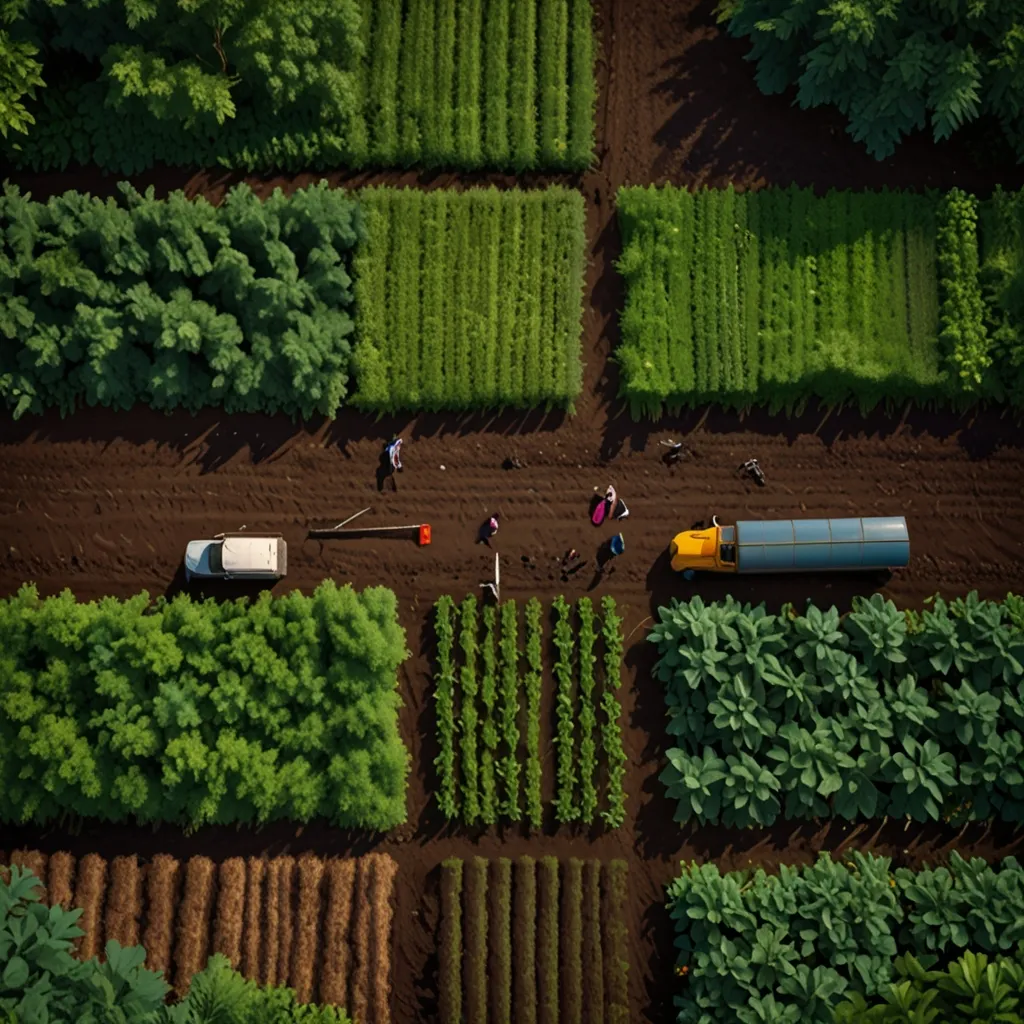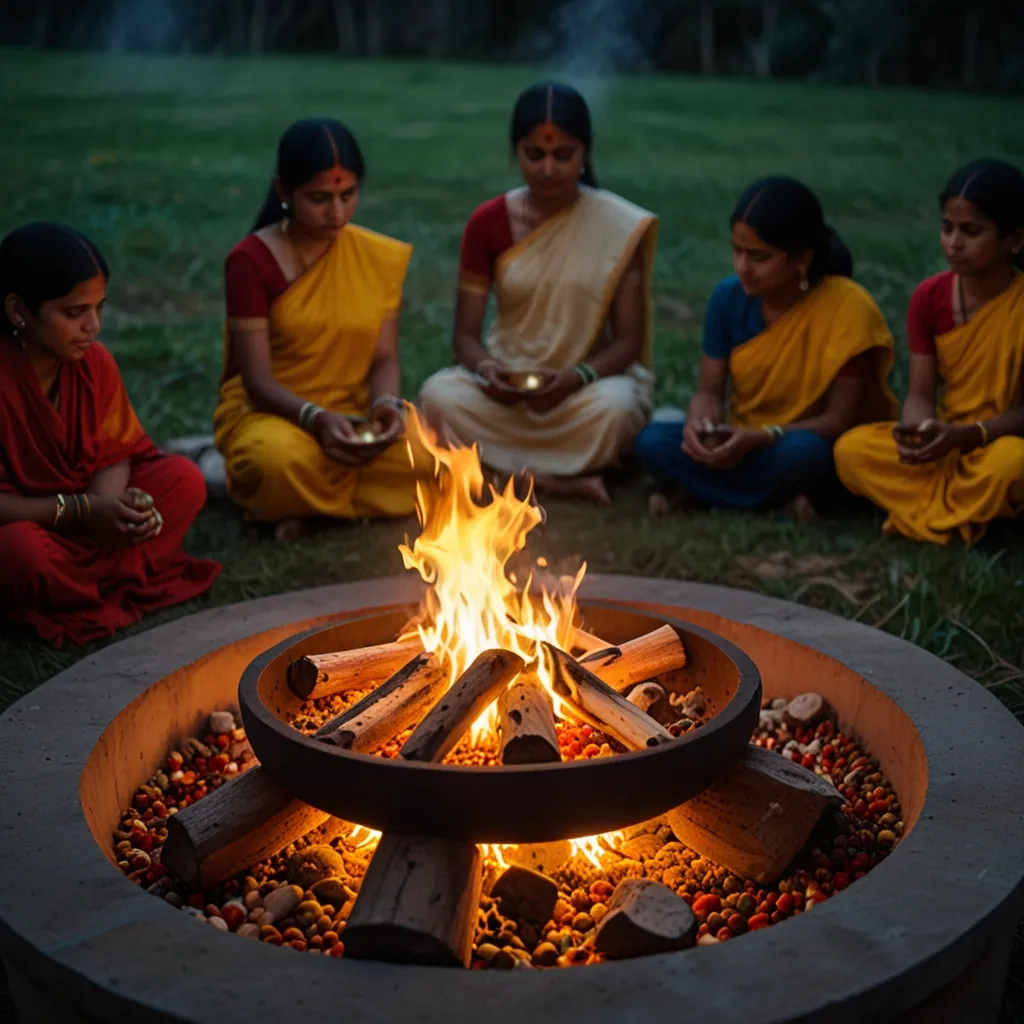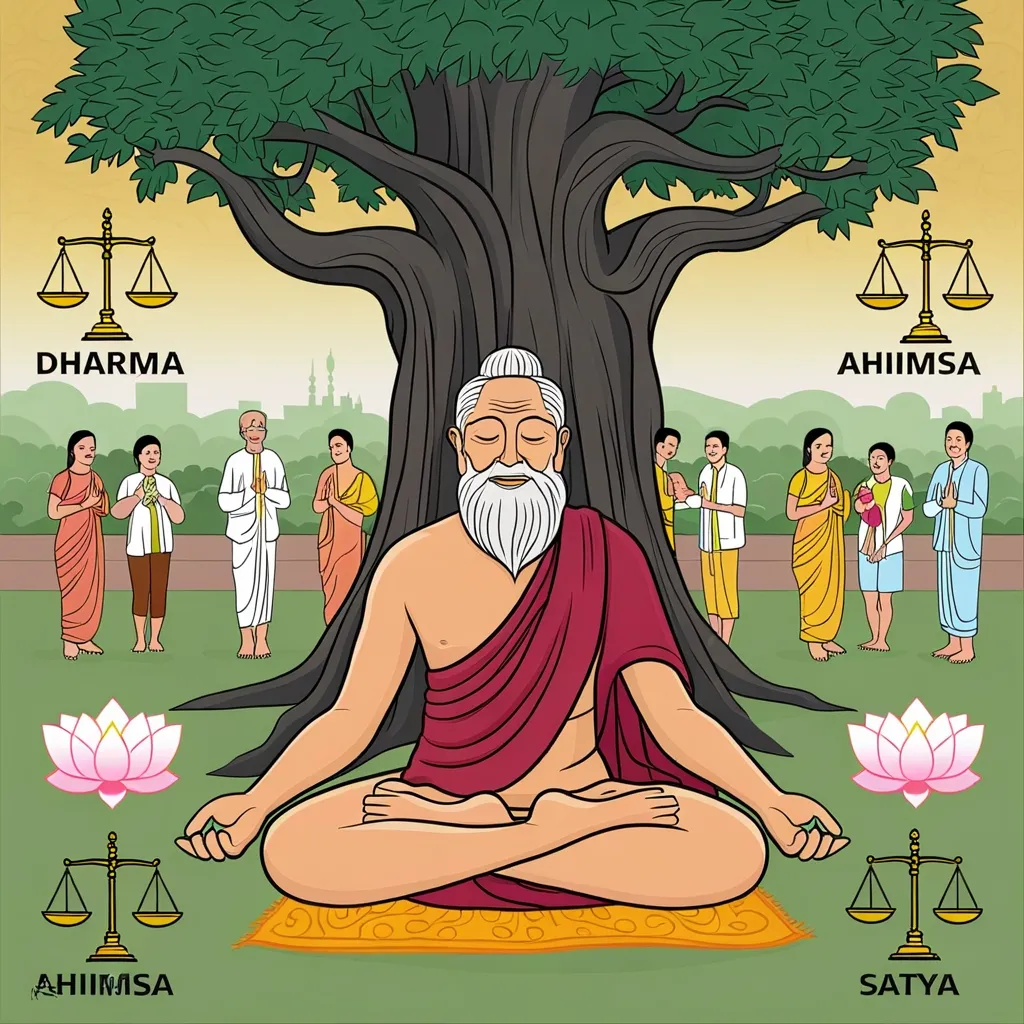In the ever-evolving quest for sustainable agriculture, it turns out ancient traditions might hold some of the best-kept secrets. Enter Vedic Organic Agriculture, an old-school method grounded in harmony with nature and packed with the deep knowledge of Vedic scripts. It’s a game-changer in the farming world and a perfect blend of ancient and modern ecological goals.
First off, let’s clarify what Vedic Organic Agriculture is all about. It’s more than just a farming technique; it’s a symbiotic system where farmers, soil, and seeds all work together harmoniously. This method recognizes the link between humans and nature, aiming to balance both for mutual benefit. It’s like nature’s playlist, using Vedic literature’s sounds and melodies to awaken the plants’ inner intelligence. The result? Food that’s brimming with vitality, not just healthy but boosting our physiology in impressive ways.
A core principle here is working with nature rather than bending it to our will. Picture an orchestra where every natural element plays in perfect harmony. It’s about getting nature’s help to manage the intricate web of factors that influence farming. Think abundant crops, timely seasons, and soil that’s rich and alive. This is a stark contrast to conventional farming, which often leads to soil degradation, water pollution, and other ecological messes. Vedic Organic Agriculture, however, encourages biodiversity, soil health, and natural ways to manage pests. It’s all about keeping the soil rich with varied crops, making sure plants use, rather than abuse, the soil’s resources.
The farmer’s role in this setup is elevated beyond mere cultivation. Farmers become the land’s guardians, fostering the soil and crops with a deep respect for nature. This close-knit relationship is crucial for churning out food that’s not just ripe but teeming with nature’s energy. Following Vedic principles also means farmers might reach higher levels of consciousness and live in sync with nature’s laws, benefiting not just themselves but the entire ecosystem. The food produced this way aims to support our full human potential — pure and fresh, just as nature intended.
Now, modern farming has given us some productivity boosts, but they often come at a high cost. Overuse of fertilizers and pesticides has left us with exhausted soils and degraded environments. Vedic Organic Agriculture steps in here as a sustainable alternative, merging traditional know-how with today’s needs. Ancient texts like Vrikshayurveda highlight organic farming practices still relevant today. When these old methods meet modern tech, it creates a powerful combo that can help both small and large-scale farmers adopt sustainable ways without missing a beat.
Practically speaking, Vedic Organic Agriculture lays out a few essential steps. Chief among them is enriching the soil with biodiversified cropping. This practice ensures plants gain ample nutrients naturally while maintaining soil health. Take vegetable farming, for example. This method can lead to impressive yields each crop cycle, with farmers optimizing photosynthesis and moisture levels efficiently. It’s about making farming sustainable and rewarding, both in terms of yield and financially.
Water and energy conservation get a big thumbs up in this approach too. By building up the soil with humus and minerals, its water-holding capacity shoots up, slashing the need for constant irrigation. Plus, it saves energy across the board, meaning more land can be farmed with fewer inputs.
Bottom line? Vedic Organic Agriculture stands as a beacon for sustainable farming, bringing ancient wisdom into today’s eco-conscious world. It blends time-tested traditional knowledge with modern practices, fostering a healthier relationship with nature. This method doesn’t just produce good food; it nurtures a sustainable future for farming and the planet. Conventional methods may have caused some serious damage, but this age-old approach offers a bright, balanced alternative.
Drawing from the rich tapestry of ancient Indian agricultural practices, Vedic Organic Agriculture proves that sometimes, looking back can help us leap forward. It’s a holistic, supportive system that holds the promise of a healthier, more sustainable future for all. Embracing this method could very well be our ticket to making sure we care for our planet while feeding ourselves well. A win-win, really. So, here’s to farming smartly, sustainably, and in tune with nature’s own rhythms.






